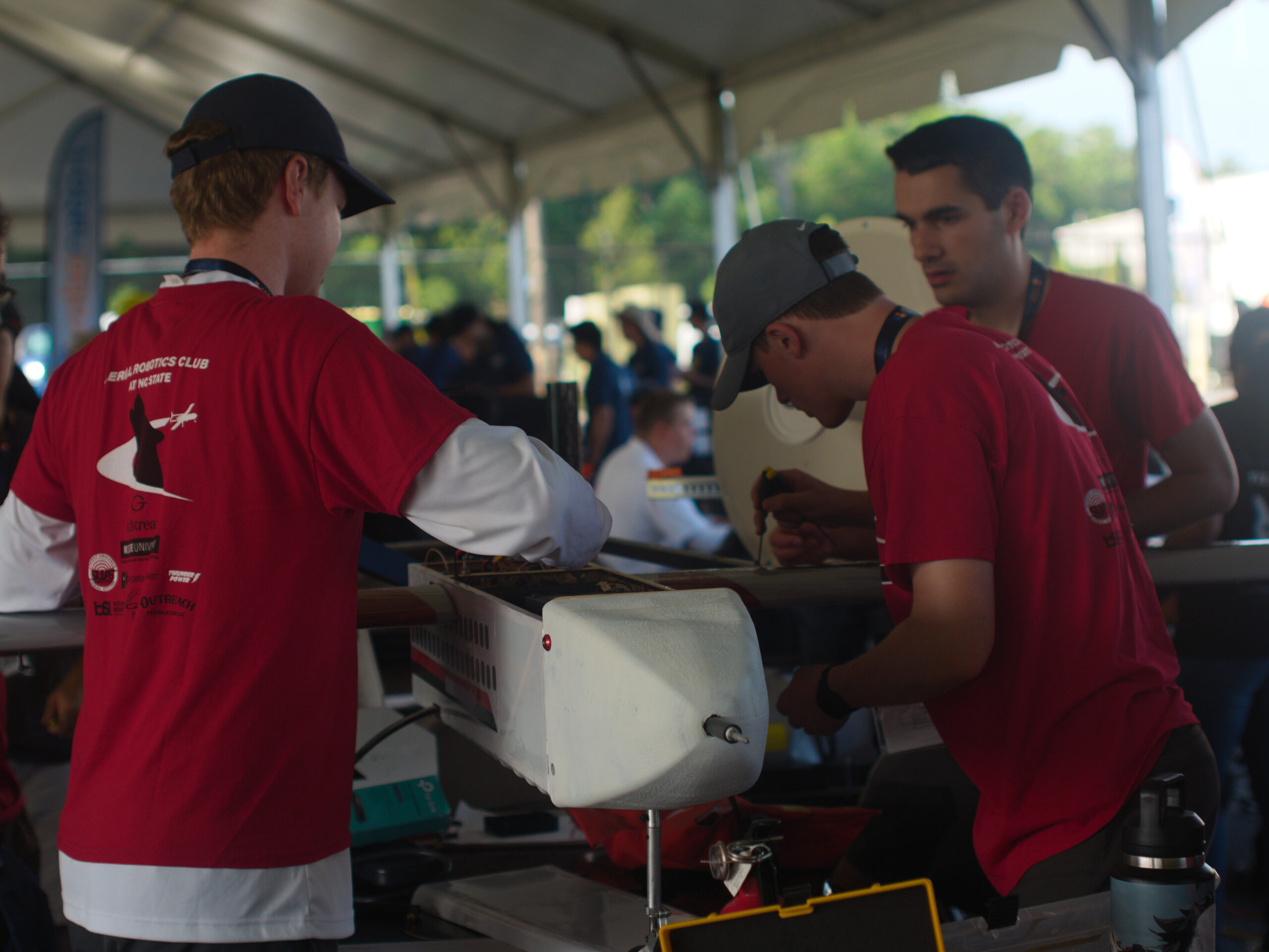North Carolina Space Grant is proud to announce its 2024-25 undergraduate research scholars. Scholars will conduct exciting research in science, technology, engineering, and mathematics (STEM). Awardees will engage with topics that range from the use of machine learning to predict the annihilation rate of dark matter, to enhancing plant growth under limiting conditions using beneficial microbes, and the effect of wind gusts on flow in the urban airspace.
“We’re proud to assist these undergraduate students as they begin on their research,” said Sandy Canfield, assistant director of NC Space Grant. “The students’ research in STEM fields has relevance to NASA’s Mission Directorates and will give them invaluable experiences they can bring into their futures.”
Undergraduate Research Scholarship awardees perform their research at various locations, including their home campus, industrial sites, or government facilities. Throughout their STEM research journey, they will develop relationships with university mentors and NASA experts, a benefit highlighted by past scholars.
The 2024-25 NC Space Grant Undergraduate Research Scholars are:
Bryan Borosky, University of North Carolina at Chapel Hill, Major: Astrophysics, Project: Using Machine Learning to Predict the Dark Matter Annihilation Rate
Cooper Brown, Appalachian State University, Major: Biology, Project: Bubble, Bubble, Gas Leads to Trouble: Greenhouse Gasses in Southern Appalachian Ponds
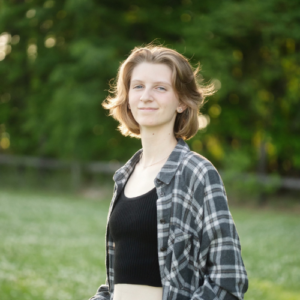
A’nya Buckner, Winston-Salem State University, Major: Biology, Project: REgolith Arabidopsis Physiology (REAP)
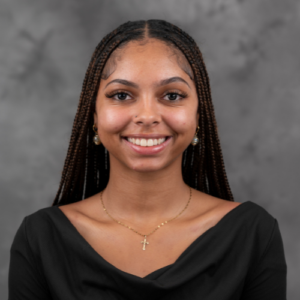
Hailey Church, Appalachian State University, Major: Biology, Project: Small Cells in a Big Pond: How microbial community activity contributes to greenhouse gas release from Southern Appalachian Ponds
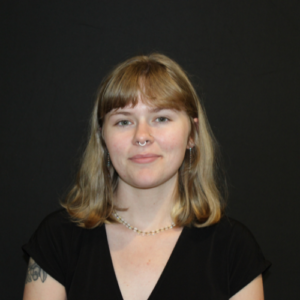
Reece Clark, University of North Carolina at Chapel Hill, Major: Physics, Project: Implementation of Developer Tools Into the Skynet Robotic Telescope Network
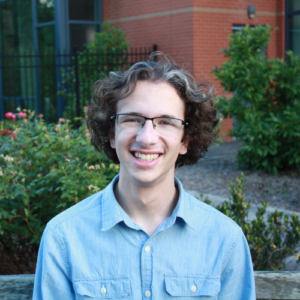
Sage Cooley, Duke University, Major: Mechanical Engineering, Project: Experimental response characterization of precise-profile 3D-printed shallow domes
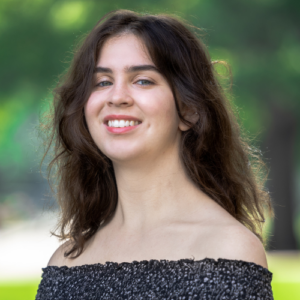
Caitlyn Elliot, North Carolina State University, Major: Plant Biology, Project: Utilizing beneficial microbes to enhance plant growth under limiting conditions
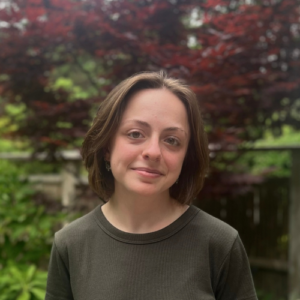
Mykayla Greene, University of North Carolina at Pembroke, Major: Chemistry, Project: Testing for Biochemical Changes as Indicators of Brain Health and Synaptic Integrity
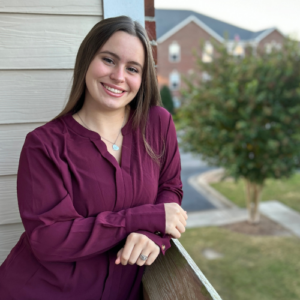
Carrie Horrell, North Carolina State University, Major: Mechanical Engineering, Project: Effects of Binding Mixture Composition in 3-D Printed Zeolite Monoliths on Humidity Capture in Enclosed Environments
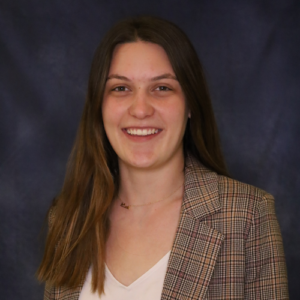
Will Kinley, University of North Carolina at Asheville, Major: Physics, Project: Exploring strategies to detect non-solar coronal mass ejections via stellar models
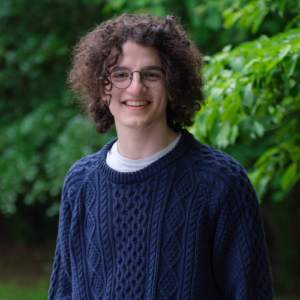
Julianna Levanti, Elon University, Major: Astrophysics, Project: Distinguishing between spectral signatures of active galactic nuclei (AGN) and high mass X-ray binaries (HMXBs) in dwarf galaxies

Stephen Livengood, North Carolina Agricultural and Technical State University, Major: Mechanical Engineering, Project: Collaborative Visual Simultaneous Localization and Mapping (CoSLAM) for Obstacle Detection and Avoidance in Multi-Agent Systems

Donovan Schlekat, University of North Carolina at Chapel Hill, Major: Physics, Project: Enhancing the Observational Capabilities of the Skynet Robotic Telescope Network
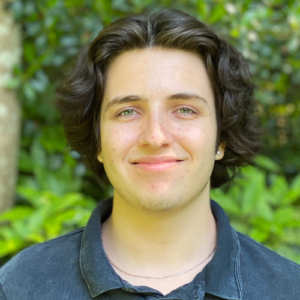
Henry Sun, Duke University, Major: Marine Science, Project: Using generative artificial intelligence to improve training data for North Atlantic Right Whale detection
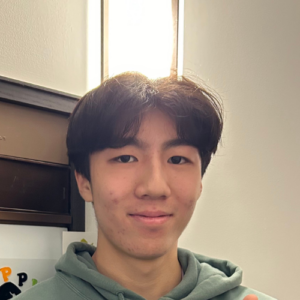
Cade Tischer, Appalachian State University, Major: Applied Physics, Project: Humidified aerosol light scattering measurements for use as input to machine learning model to predict aerosol liquid water content
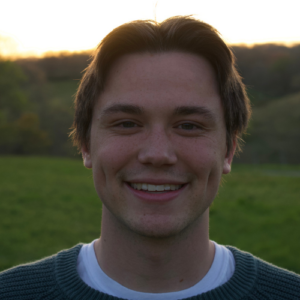
Leonard Yan, North Carolina State University, Major: Aerospace Engineering, Project: Experimental Validation for Post-Motor Failure Response of a UAM Hexacopter
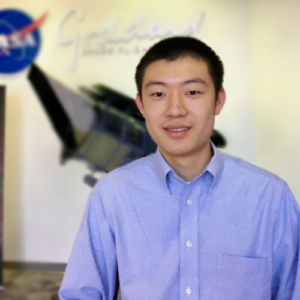
NC Space Grant offers its congratulations to all of these students on their accomplishment.
- Categories:

